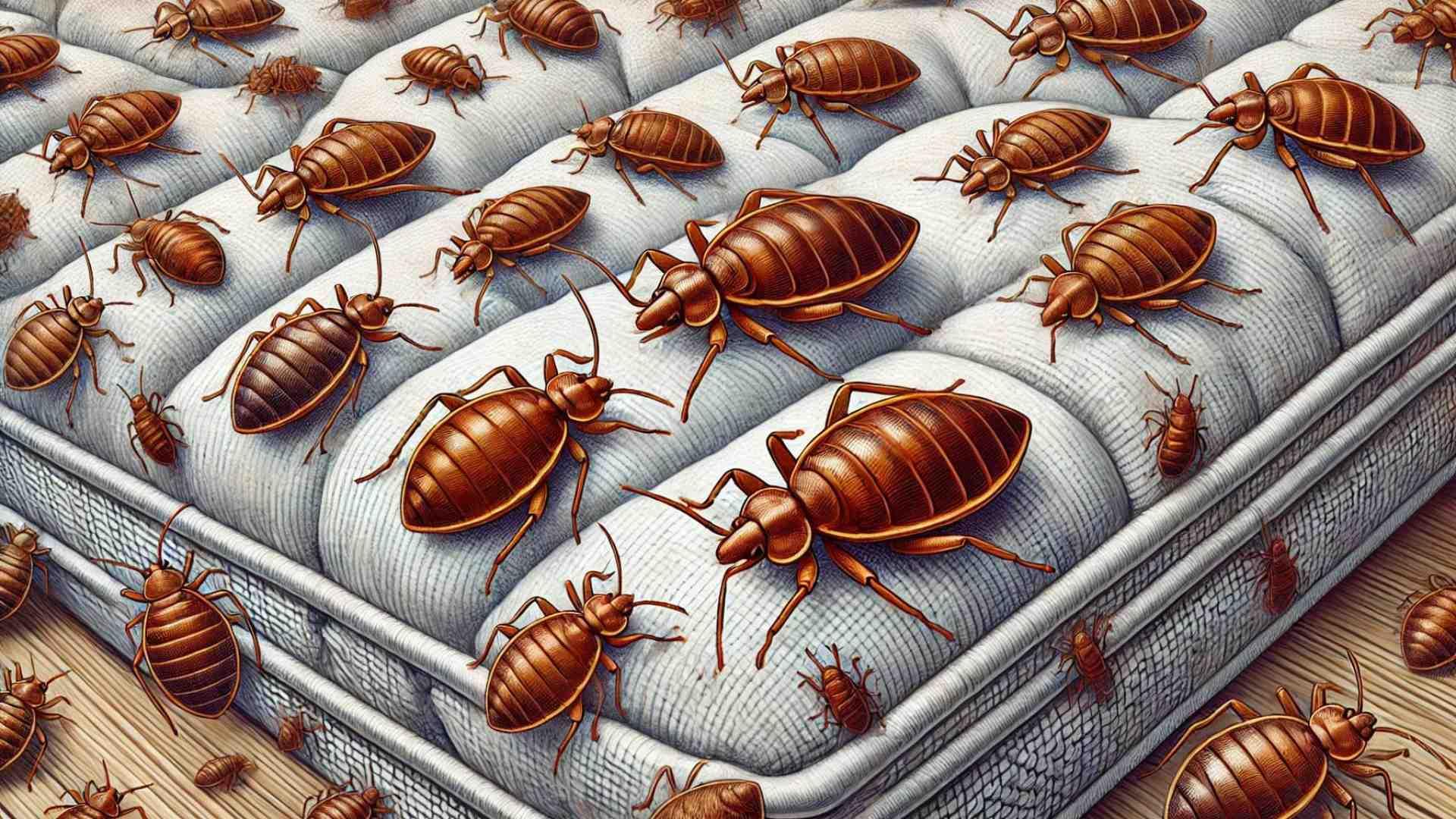What Animal Eats Bed Bugs?

Are you tired of dealing with bed bugs? Those pesky little critters can be a real nuisance, and getting rid of them can be a challenge. But did you know that there are some animals out there that actually eat bed bugs? Yes, you read that right! In this article, we'll explore the natural predators of bed bugs and what you can learn from them. Whether you're looking for a more natural approach to bed bug control or just curious about the natural world, this article is for you.
Quick Overview
Before we dive deeper into the world of bed bug predators, here's a quick overview of what we'll cover:
Bed bugs have natural predators that can help control infestations.
These predators include insects, arachnids, and mammals.
Understanding the natural food chain can inform bed bug control strategies.
Professional pest control services may still be necessary for effective control.
The Problem with Bed Bugs
Before we dive into the world of bed bug predators, let's quickly review why bed bugs are such a problem. Bed bugs are tiny, flat insects that feed on human blood. They're notorious hitchhikers, easily spreading from one place to another through luggage, clothing, and furniture. Once they infest a home or building, they can be difficult to get rid of, and their bites can cause discomfort, allergic reactions, and even anxiety.
The Interest in Natural Predators
In recent years, there's been a growing interest in natural methods for controlling bed bugs. This includes using essential oils, diatomaceous earth, and other non-toxic substances to repel or kill bed bugs. But another approach is to look at the natural predators of bed bugs – animals that have evolved to feed on these pests. By understanding what animals eat bed bugs, we can gain insights into new ways to control infestations and maybe even develop more effective, eco-friendly solutions.
Natural Predators of Bed Bugs
Top Bed Bug Predators (youtube.com)
Insect Predators:
Believe it or not, some insects are natural enemies of bed bugs. Here are a few examples:
Cockroaches: Yes, you read that right! Some species of cockroaches, like the American cockroach, feed on bed bugs. While cockroaches are often considered pests themselves, they can actually help control bed bug populations.
Ants: Some species of ants, like the little black ant, feed on bed bugs and their eggs. Ants are social creatures, so they can work together to control bed bug infestations.
Arachnid Predators:
Arachnids, like spiders and ticks, are also natural predators of bed bugs. Here are a few examples:
Spiders: Spiders are known for their web-spinning skills, but some species also feed on bed bugs. The Pholcus phalangioides spider, for example, is a common predator of bed bugs.
Ticks: Some species of ticks, like the lone star tick, feed on bed bugs. While ticks are often associated with Lyme disease, they can also help control bed bug populations.
Mites: Some species of mites, like the Cheyletiella mite, feed on bed bugs. Mites are tiny, eight-legged arachnids that are often overlooked, but they can be important predators of bed bugs.
Mammalian Predators:
Believe it or not, some mammals also feed on bed bugs. Here are a few examples:
Bats: Some species of bats, like the little brown bat, feed on bed bugs. Bats are nocturnal, so they're active at night when bed bugs are most active.
Rodents: Some species of rodents, like mice and rats, feed on bed bugs. While rodents are often considered pests themselves, they can actually help control bed bug populations.
Limitations of Relying on Natural Predators
While natural predators can be an important part of bed bug control, there are some limitations to relying solely on these animals. Here are a few reasons why:
Effectiveness: Natural predators may not be effective against large bed bug infestations. Bed bugs can reproduce quickly, so even if natural predators are present, they may not be able to keep up with the population growth.
Availability: Natural predators may not be present in all areas, or they may not be present in sufficient numbers to make a significant impact on bed bug populations.
Other food sources: Natural predators may have other food sources that they prefer, so they may not focus on bed bugs exclusively.